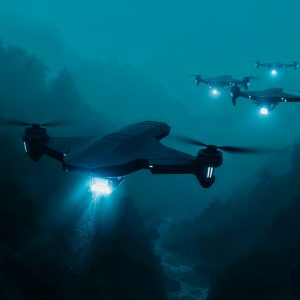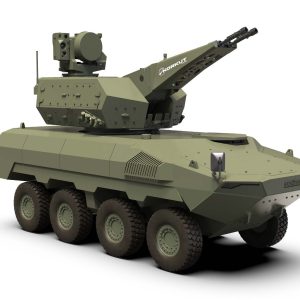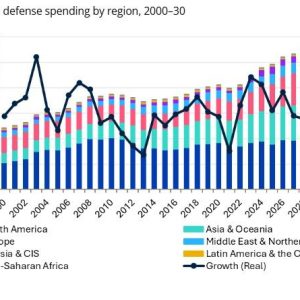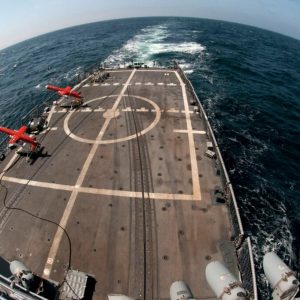In the realm of oceanic exploration, a revolutionary wave is upon us. Unmanned and Autonomous Intelligent Revolutionizing Oceanic Exploration has emerged as a transformative force in the world of marine research and discovery. In this article, we delve into the intricacies of this cutting-edge technology, its applications, and its potential to reshape the way we understand and interact with our oceans.
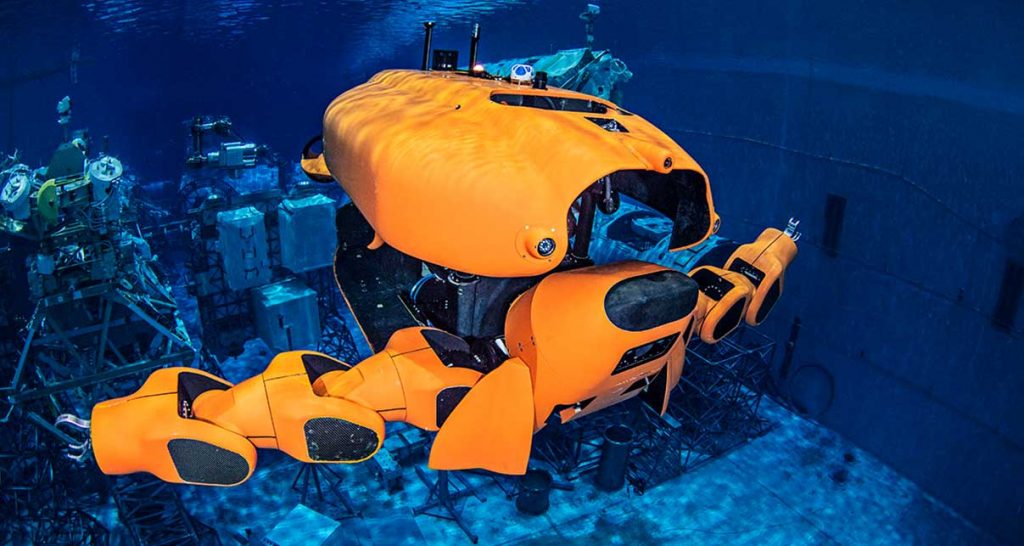
The Genesis of Unmanned Oceanic Exploration
The concept of unmanned oceanic exploration may be relatively new, but its roots trace back to early underwater research endeavors. As technology advanced, the vision of autonomous, intelligent, and unmanned oceanic exploration became not just possible but essential.
Autonomous Underwater Vehicles (AUVs) and Their Capabilities
- Uncompromising Precision: AUVs are equipped with a range of sensors and advanced navigation systems that allow them to operate with incredible precision, collecting vital data without human intervention.
- Deep-sea Diving: AUVs are designed to withstand the immense pressures of the deep sea, opening up the mysterious depths to scientific exploration.
- Data Collection: These vehicles can capture a wealth of data, from mapping the ocean floor to studying marine life, all in real-time.
Applications of Unmanned Oceanic Exploration
Marine Biology and Conservation
- Studying Marine Life: AUVs provide a non-intrusive method for studying marine life, enabling researchers to observe and understand species in their natural habitats.
- Conservation Efforts: The data collected aids in the conservation of endangered marine species and their ecosystems.
Environmental Research and Monitoring
- Climate Change Studies: AUVs are pivotal in collecting data related to climate change, helping us understand the impact of rising temperatures on our oceans.
- Ecosystem Health: They monitor the health of oceanic ecosystems, tracking pollution, and evaluating the effects of human activity.
Geological Exploration
- Seafloor Mapping: AUVs create high-resolution maps of the seafloor, crucial for understanding geological processes, plate tectonics, and potential natural resource deposits.
- Resource Extraction: They have the potential to revolutionize resource extraction, making it more efficient and environmentally sustainable.
Challenges and Advancements
While the future of unmanned oceanic exploration is promising, it’s not without its challenges:
Power Efficiency
AUVs rely on battery power, and extending their operational duration is a significant challenge. Researchers are actively working on improving energy efficiency.
Communication in Deep Waters
Maintaining communication with AUVs in the deep sea can be problematic. Advanced satellite and acoustic communication systems are being developed to address this issue.
The Future of Oceanic Exploration
The era of unmanned and intelligent oceanic exploration is just beginning. As technology continues to advance, we can expect:
- Greater Depths: AUVs capable of exploring even deeper oceanic trenches and vents, unraveling further mysteries of the deep sea.
- Increased Autonomy: Enhanced artificial intelligence will allow these vehicles to make real-time decisions, adapting to the dynamic underwater environment.
- Interdisciplinary Collaboration: AUVs will foster collaboration between marine biologists, geologists, climate scientists, and engineers, enabling a holistic understanding of our oceans.
- Commercial and Military Applications: Beyond research, unmanned oceanic exploration will find applications in commercial activities like underwater mining and military surveillance.
Conclusion
The emergence of Unmanned and Autonomous Intelligent Oceanic Exploration is an exciting chapter in the ongoing story of human interaction with our planet. From uncovering the secrets of the deep sea to mitigating the impacts of climate change, the potential applications of this technology are vast and varied. As advancements continue to surge, we stand on the cusp of a new era of marine research and discovery, where the mysteries of the ocean are unlocked through the precision and autonomy of intelligent underwater vehicles.



